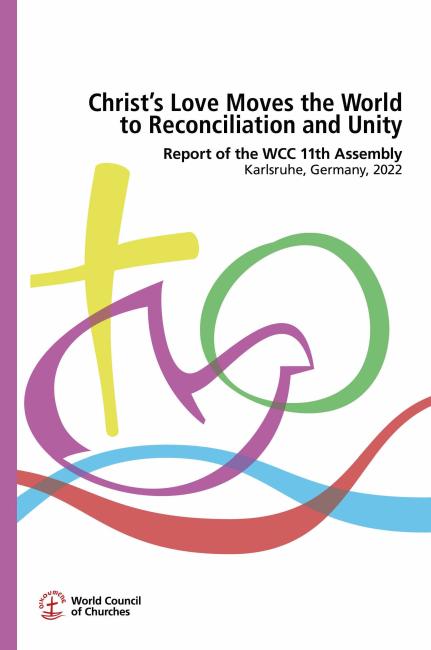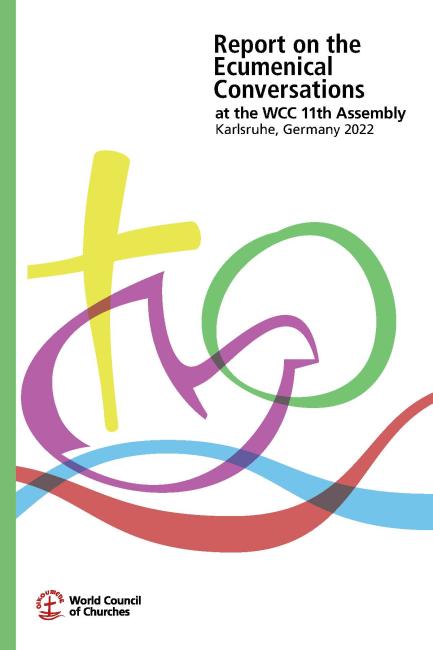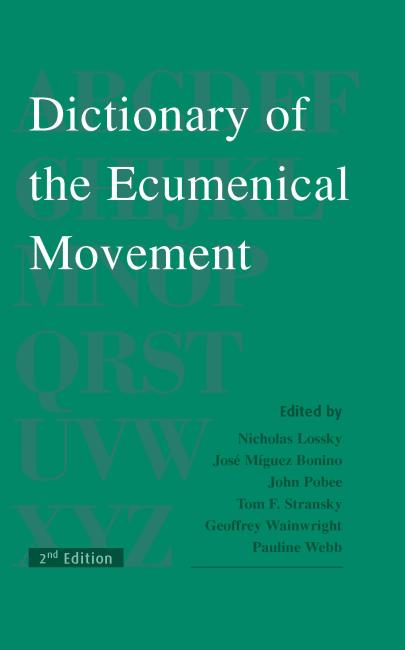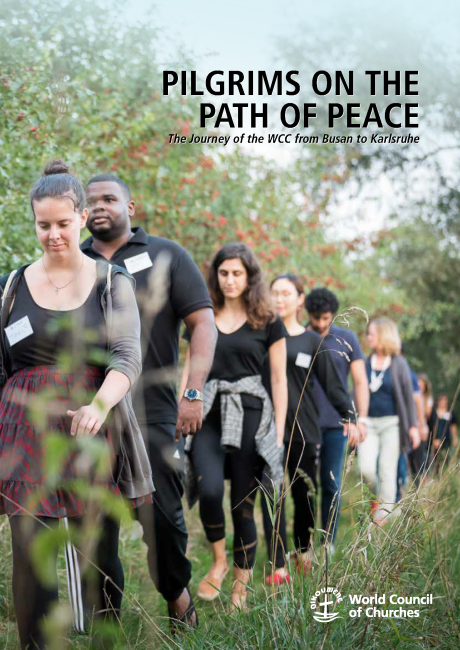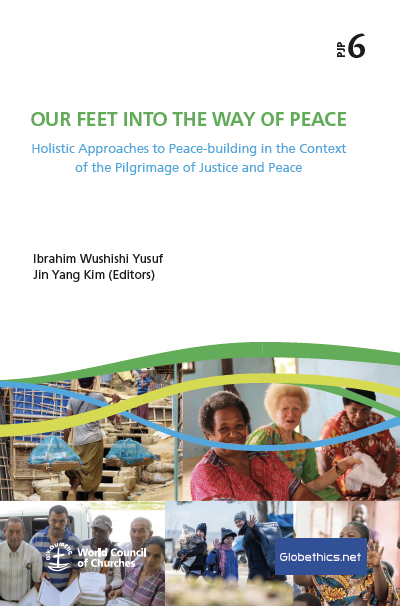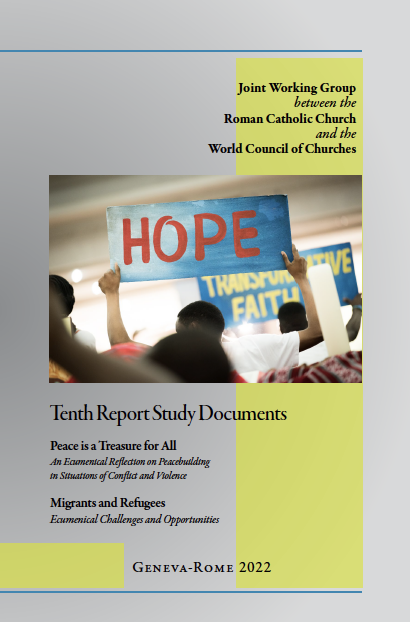Displaying 1 - 20 of 74
Towards a Global Vision of the Church, Volume II
Explorations on Global Christianity and Ecclesiology, Faith and Order Paper 239
27 November 2023
Dictionary of the Ecumenical Movement (2nd Edition)
28 November 2022
Towards a Global Vision of the Church Volume I
Explorations on Global Christianity and Ecclesiology, Faith and Order Paper 234
14 November 2022
Pilgrims on the Path of Peace
The Journey of the WCC from Busan to Karlsruhe (Illustrated)
24 August 2022
Orthodox Reflections on the Way to Karlsruhe
Christ’s Love Moves the World to Reconciliation and Unity
23 August 2022
Seek Peace and Pursue It: PJP Series 4
Reflections on the Pilgrimage of Justice and Peace in Europe
22 August 2022
Together in the Mission of God
Jubilee Reflections on the International Missionary Council
21 August 2022
Strengthening Christian Perspectives on Human Dignity and Human Rights
Perspectives from an International Consultative Process
19 August 2022
Our Feet into the Way of Peace: PJP Series 6
Holistic Approaches to Peace-building in the Context of the Pilgrimage of Justice and Peace
19 August 2022
Hate Speech and Whiteness: PJP Series 5
Theological Reflections on the Journey Toward Racial Justice
19 August 2022
Towards an Ecumenical Theology of Companionship: PJP Series 3
A Study Document for the Ecumenical Pilgrimage of Justice and Peace
19 August 2022
Tenth Report Study Documents
19 August 2022
Walking, Praying and Working Together
10th Report of the Joint Working Group of the WCC and the Roman Catholic Church
18 August 2022




